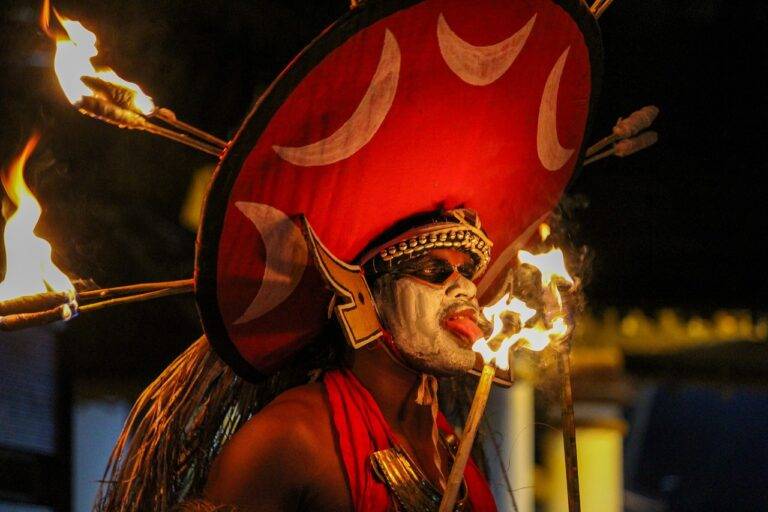The Role of Political Consultants in Election Campaigns
Political consulting has a rich and intricate history that dates back to the early 20th century. These consultants began as advisors who offered guidance to political candidates on their campaign strategies and messaging. Over time, their roles expanded to encompass a wide range of services, including polling, media relations, and grassroots organizing.
The evolution of political consulting can be traced to the pioneering efforts of figures like Clem Whitaker and Leone Baxter, who are considered the pioneers in the field. They revolutionized political campaigns by introducing innovative communication strategies and techniques that focused on connecting with voters on a personal level. This marked the beginning of a new era in political campaigning, where consultants played a pivotal role in shaping the success of candidates through meticulous planning and execution.
• Political consulting originated in the early 20th century as advisors to political candidates
• Consultants expanded their roles to include polling, media relations, and grassroots organizing
• Clem Whitaker and Leone Baxter are considered pioneers in the field of political consulting
• They introduced innovative communication strategies to connect with voters on a personal level
• Consultants played a crucial role in shaping the success of candidates through meticulous planning and execution
Common Strategies Used by Political Consultants
Political consultants employ a variety of strategies to help their clients succeed in election campaigns. One common strategy is the development of a strong grassroots campaign. This involves engaging directly with voters at the local level, such as through door-to-door canvassing, community events, and phone banking. By building a network of dedicated supporters on the ground, political consultants can generate enthusiasm for their candidate and mobilize voters to turn out on election day.
Another key strategy used by political consultants is the crafting of a compelling narrative for their candidate. This includes developing a consistent message that resonates with voters and effectively communicates the candidate’s values and policies. By establishing a clear and memorable story, consultants can shape public perception of the candidate and differentiate them from their opponents. Additionally, consultants may utilize media interviews, speeches, debates, and advertising campaigns to reinforce this narrative and build a strong brand for the candidate.
The Importance of Data Analysis in Campaigns
Data analysis plays a crucial role in modern political campaigns. With the vast amounts of information available from various sources, the ability to extract valuable insights and make data-driven decisions is paramount. By analyzing demographic data, voter behavior patterns, and engagement metrics, political consultants can tailor their strategies to effectively reach and persuade target audiences.
Moreover, data analysis helps political campaigns allocate their resources more efficiently. By understanding which messages resonate with different voter groups and which platforms are most effective for reaching them, consultants can focus their efforts where they will have the greatest impact. This targeted approach not only maximizes the campaign’s reach but also optimizes the use of funds and manpower.
What is the history of political consulting?
Political consulting dates back to the early 20th century, with professional advisors helping political candidates with strategy, messaging, and campaign management.
What are some common strategies used by political consultants?
Some common strategies used by political consultants include identifying target voters, crafting persuasive messaging, managing media relations, and organizing campaign events.
Why is data analysis important in campaigns?
Data analysis is important in campaigns because it helps identify voter trends, target specific demographics, track campaign performance, and make informed strategic decisions.







